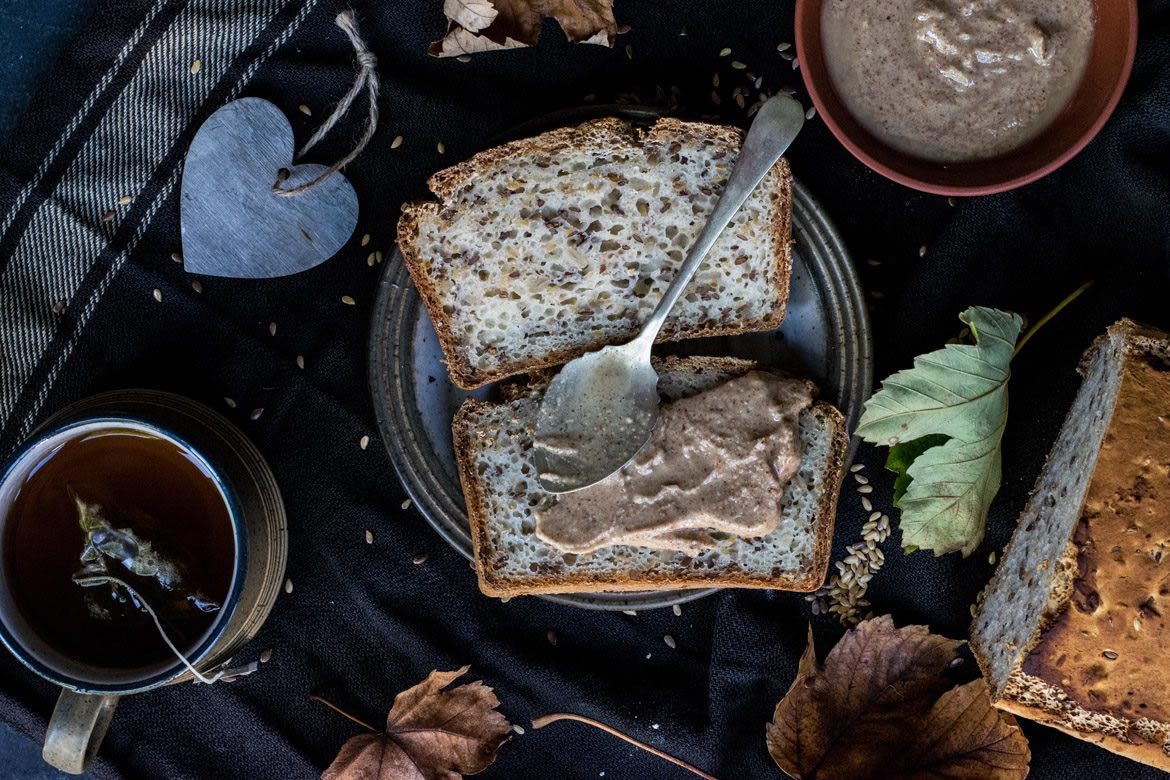By Hannah Schenker
A new study by researchers at the Children’s Hospital Research Institute of Manitoba and the University of Manitoba and published in the Journal of Allergy and Clinical Immunology recently found that introducing peanuts to the mother’s diet while breastfeeding could prevent allergies in the child.
The study looked at the relationship between mothers who consumed peanuts while breastfeeding, the timing of direct peanut introduction and peanut sensitization at seven years of age, in infants at risk of developing allergies due to genetic factors. They used data from an allergy and asthma study that tracked 342 kids born in Winnipeg and Vancouver in 1995 from birth to the age of 15.
They discovered that the lowest rate of sensitization to peanuts occurred in children whose mothers consumed peanuts while breastfeeding and introduced peanuts directly before 12 months of age in the child. Mothers who ate peanuts while breastfeeding but delayed introducing peanuts to the child before 12 months of age, or introduced peanuts before the child was 12 months but hadn’t consumed them while breastfeeding, had a higher rate of peanut sensitization.
They discovered that the lowest rate of sensitization to peanuts occurred in children whose mothers consumed peanuts while breastfeeding and introduced peanuts directly before 12 months of age in the child.
“It seemed to be really that the combination was important – it had to be that the moms ate peanuts and breastfed, and the babies got peanuts before they turned one,” said Meghan Azad, assistant professor and research scientist at the Children’s Hospital Research Institute of Manitoba. “If one or the other of those things happened then we didn’t’ see this effect.”
Allergies have been on the rise in recent decades, with approximately 7 per cent of Canadian children having a food allergy, with peanut being the most common. So this is yet another incentive to breastfeed!
“I think this is an important piece of the puzzle,” Azad said. “We know that there are many amazing things in breast milk including antibodies and immune factors and all of these could be interacting with the peanut proteins to induce tolerance to peanut in the baby and the more that we can learn about that the better.
“It’ll be really interesting now that this research is out there to see what other groups around the world doing allergy research will find in their data.”











